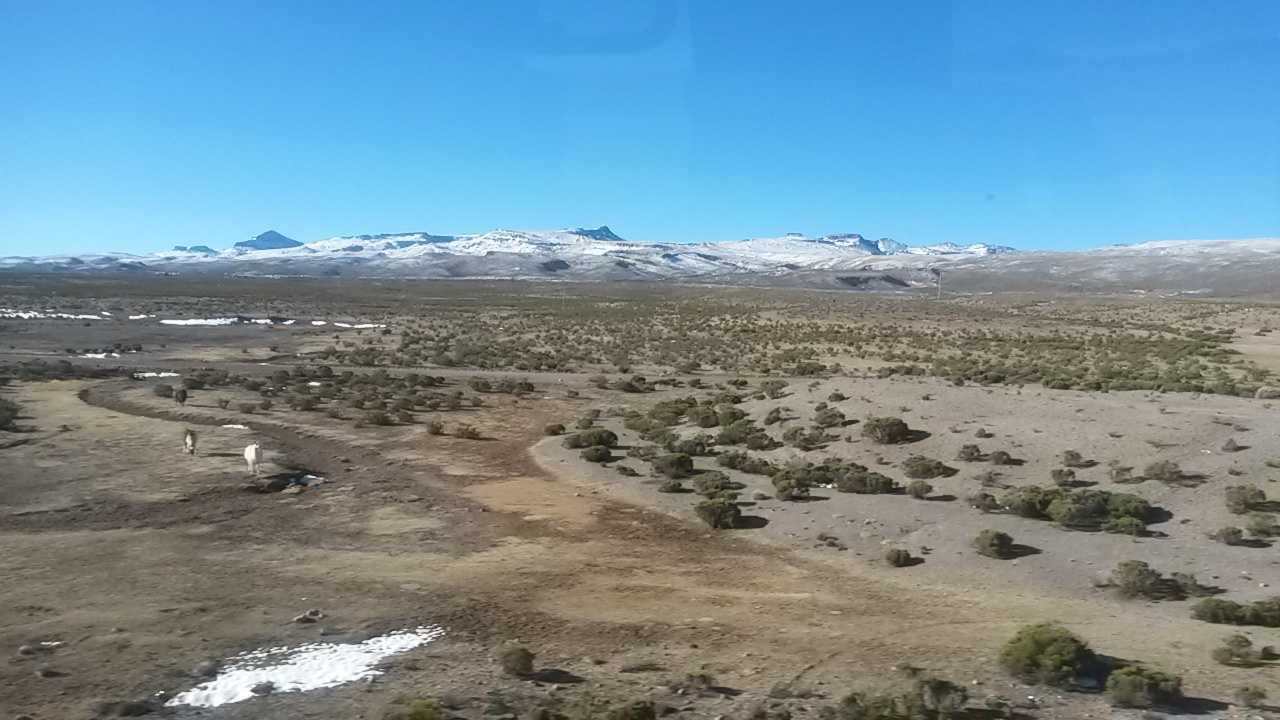Oruro, Bolivia - Creating policy to reduce CO2 emissions
FC-02x Livable Future Cities (1st Run) - Compulsory Exercise 3

Uploaded on 2015-10-28 by jetoff41
---------------------------------------------------------- In Bolivia, you have to look very exactly. Although gas production (15254ktoe) leads the production of fossil fuels and the export (about 80%), the country uses more oil than gas. Adding the amount of imported oil (1017ktoe) to the oil production, it leads to a higher consumption of oil (3289ktoe) than gas (3016ktoe). But just a bit. 2 Where are the dominant fossil fuels mainly used for in your country? ---------------------------------------------------------------------- Oil is mainly used for transport (1742ktoe), followed by the category „Other“ (1145ktoe). About half of the gas that won’t be exported, flows to power stations (1335ktoe) and almost everything of the rest is used in similar amounts for industry (655ktoe), transport (478ktoe), own use (449ktoe). 3 Think of how you can improve the sources and the consumption of energy. ------------------------------------------------------------------------ To improve the sources, I would definitely invest into solar power. Bolivia is a country with a global solar radiation of 2.200kWh - that is twice stronger than the one in Austria, Germany or Switzerland, which is about 1.070kWh per square metre. So the country even has the potential to export the energy obtained by the sun. Thus, by having these great renewable energy source called sun, gas drilling can be decreased too. Furthermore, I would establish an appraisal for vehicles. Because the slogan here is nothing else than: „Everything that is possible to drive, is allowed to be on the street.“ (see photograph 1) With an appraisal and stricter rules, we could lower the consumption of oil and gas. Another point I want to change if I could, is the transportation system. The altiplano is an appropriate territory for a railway network (see photograph 2). This would replace many bus routes with a modern train that could run with solar energy too. Equally, it would lower the consumption of fossil fuels. Finally, I would also stop the subsidization of gas and provide more solar cookers for families living in poor villages (see photograph 3). If you have ever tried a solar cooker, you will know that this product just works fantastic. ![photograph 1 - old car][1] ![photograph 2 - altiplano][2] ![photograph 3 - solar cooker][3] [1]: http://s14.postimg.org/ai5np2b4h/IMG_0750.jpg [2]: http://s7.postimg.org/pg0u7q1x7/oruro_3.jpg [3]: http://s30.postimg.org/kl2tacra9/Tiriri_1.jpg